In this article, I discuss how you and your partner can use listening skills to enhance your ability to discuss relationship issues constructively.
In my work as a Calgary psychologist and a Cochrane psychologist, I often help individuals and couples whose goal is to improve their relationships. This often entails helping them to improve their ability to discuss issues constructively.
One of the best ways to improve this ability is to use effective listening during discussions of issues. In the following sections, I will discuss how to use listening skills to improve constructive communication in a relationship.
Barriers to good listening when couples discuss issues
Good listening is essential for couples to constructively discuss issues because it allows for each partner to understand the other’s perspective. This include understanding each other’s thoughts, emotions and goals regarding the issue being discussed. Unfortunately, several factors interfere with good listening when couples discuss issues in a conventional conversational manner. These include:
1. There is no guarantee that each partner will have the opportunity to express their thoughts and feelings if one of the partners tends to talk more than the other. The same problematic dynamic can occur if one of the partners is extroverted while the other is introverted. Extroverts are more likely to say what is one their minds immediately while introverts tend to need time to think things through before speaking;
2. Each partner will often not get a chance to elaborate on the meaning behind their points for them to fully grasp each other’s thoughts and feelings on the issue. This barrier to good listening can occur because of conversational norms dictating that each partner should make their points succinctly or because the listener interrupts the speaker before they have had a chance to elaborate on their points;
3. Many times the ‘listener’ is thinking of the points they intend to respond with rather than focusing on what the speaker is saying;
The lack of good listening stemming from these factors makes it difficult for the partners to work through issues by addressing each other’s concerns. In addition, the frustration both partners experience from not being listened to predictably leads to greater use of non-constructive communication such as making negative comments about each other’s character or motives.
Fortunately, there is a method of discussing issues which is more conducive to good listening compared with conventional methods. I will discuss this method in the next section.
How to facilitate good listening: The Gottman-Rapoport technique
The Gottman-Rapoport technique is a communication skill which facilitates good listening in a simple but effective manner by using the following steps:
1. Each person takes turns being the speaker and the listener regarding a particular issue in their relationship. This allows for the speaker to elaborate on their points without being concerned about monopolizing the conversation or of being interrupted.
2. The speaker is asked to talk about their thoughts and feelings regarding the issue in a constructive manner rather than in a way which will lead the listener to feel defensive.
3. The listener is instructed to focus solely on understanding the speaker by writing down what they are saying.
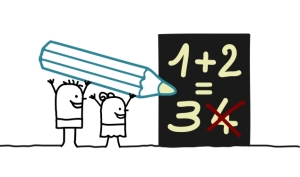
4. After the speaker has finished expressing their thoughts and feelings, the listener is asked to read aloud from their notes what they heard the speaker say. Doing so ensures that the listener will grasp the main points the speaker has made. It also helps the speaker realize that the listener has truly listened to them and understands what their thoughts and feelings are on the issue. Finally, this reflecting back by the listener allows the speaker to point out if the listener happened to miss something they said or did not get it quite right.
5. Once this process has finished, the partners switch roles with the person who had been the speaker becoming the listener and vice-versa.
6. For the best results, choose a time to use this technique when you and your partner are both in a relatively low-stress state as this will enhance the likelihood of the speaker expressing their points constructively and of the listener being fully attentive to the points the speaker is making.
An additional benefit of the technique: It is virtually fight-proof
An additional benefit of the technique is that, if the guidelines are followed, it is virtually fight-proof. So if you and your partner are stuck on an issue and are reluctant to discuss it for fear of getting into an argument, this technique will allow each of you to express your thoughts and feelings without having such concerns.
A good follow-up to using the technique: Addressing each other’s concerns
When I use this technique in couples counselling, I often suggest a follow-up exercise. This entails each partner writing down actions they can take to address the other’s concerns which they learned about when they were in the role of listener.
I invite each partner to refer to the notes they took as listener when doing this follow-up assignment. This follow-up assignment adds to the benefits of the Gottman-Rapoport technique by addressing the concerns of both partners which were identified using the technique.
Making a habit of using the Gottman-Rapoport technique for discussing issues can make a significant positive difference in your relationship.
May you use listening skills to improve communication in your relationships,
-Dr. Pat

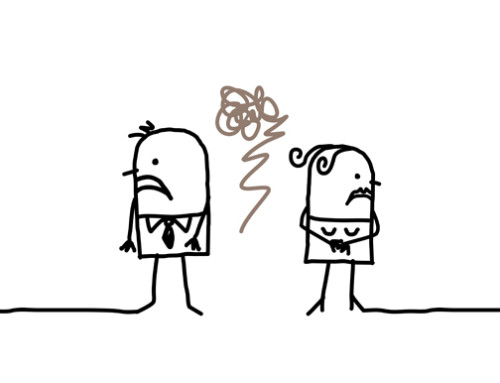
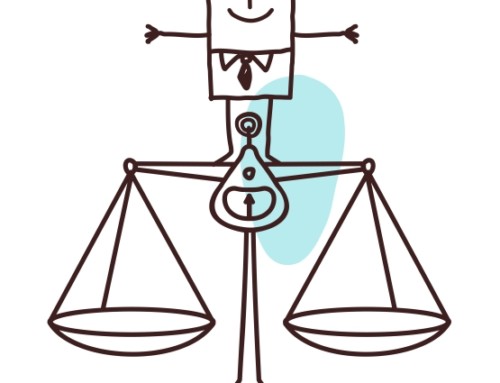
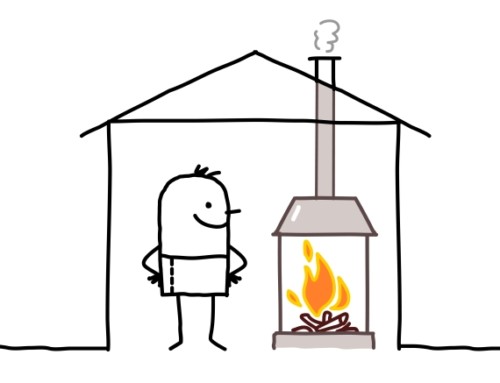
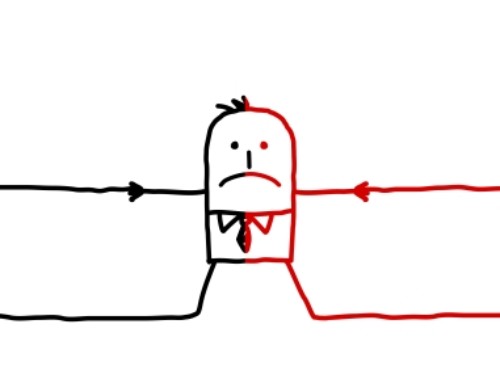

Leave A Comment